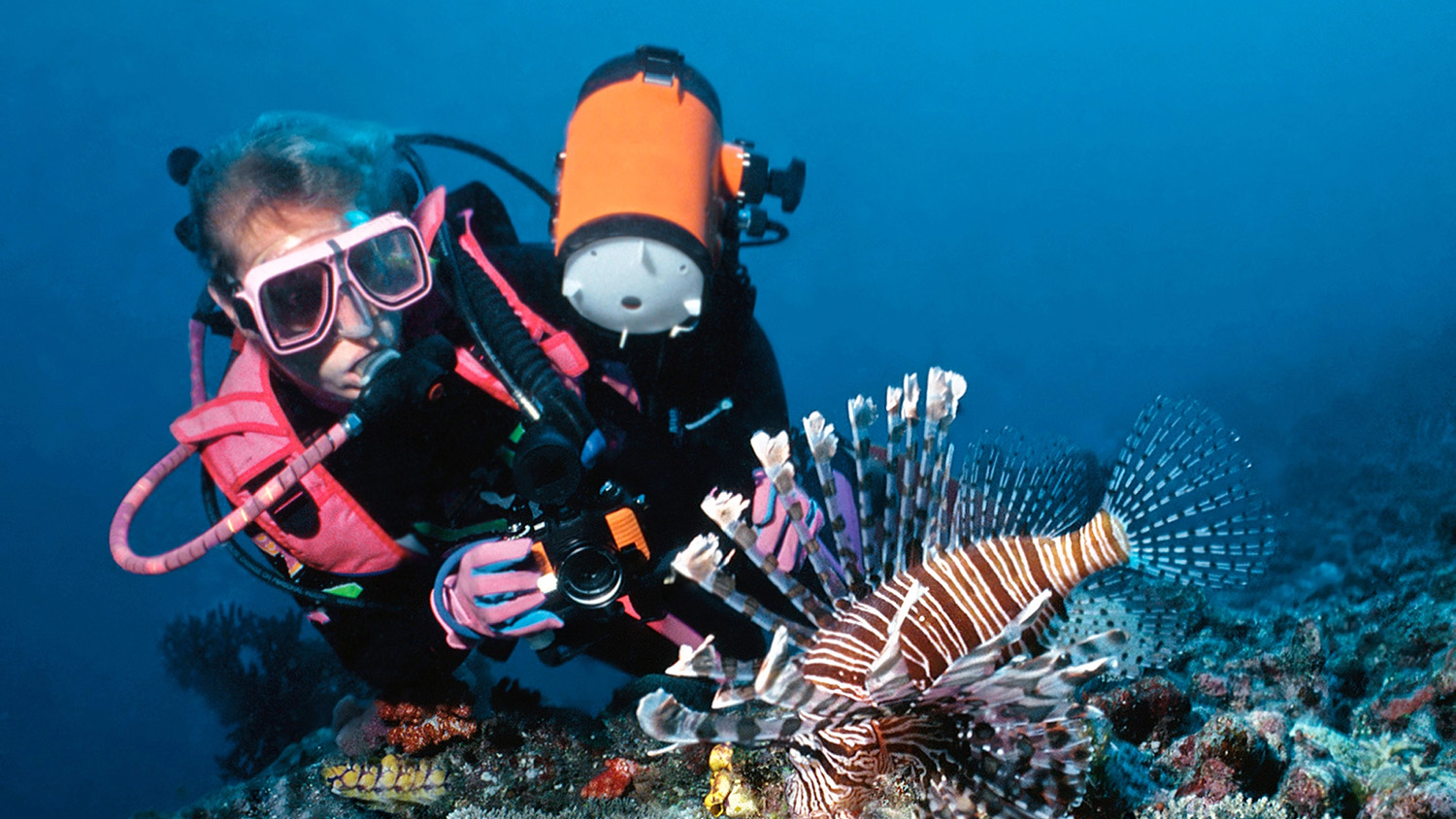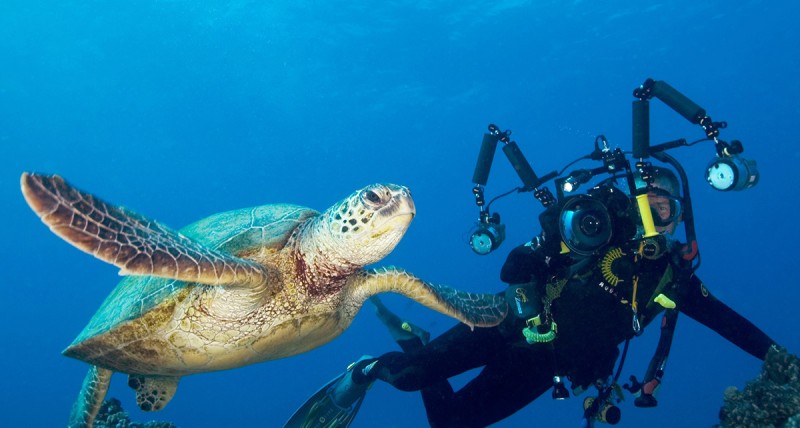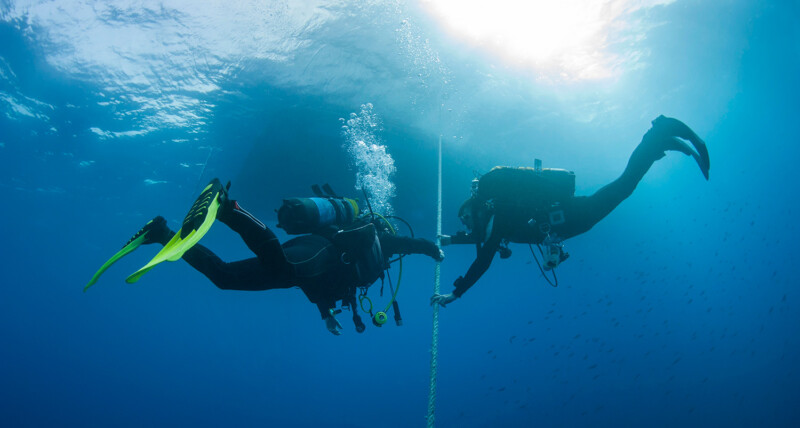For many adults, the idea of learning to scuba dive surfaces as a quiet curiosity—a passing thought while watching a nature documentary or a fleeting daydream while flipping through vacation photos. And yet, for those who take the leap, that quiet curiosity can evolve into something life-changing.
Scuba diving isn’t just a sport. It’s a transformation. A shift in how you see the world, how you travel, and even how you breathe. And starting as an adult? It’s not too late. In fact, it may be the perfect time.
If you’ve ever wondered what it’s like to take your first scuba lesson as an adult, this article is your window into that experience. Whether you’re testing the waters or standing at the edge of commitment, you’ll find that this journey is not only possible—it’s deeply rewarding.
The Decision to Begin
Many adult students begin with a simple question:
“Can I really do this?”
Sometimes it’s sparked by a partner who dives. Other times it’s inspired by travel plans, a bucket-list goal, or a desire to do something bold and new. But underneath it all, the question is often rooted in one thing—doubt.
Am I too old? Too busy? Too nervous?
The truth is, scuba diving welcomes adults of all ages. Whether you’re 30, 50, or 70, as long as you’re in good health and willing to learn, there’s no expiration date on adventure.
In fact, adult learners often bring focus, self-awareness, and patience that younger students may lack. If you’ve built a career, traveled independently, or raised a family—you already have the confidence and maturity to take on this challenge.
The First Contact: Finding the Right Instructor
One of the most crucial parts of the experience is finding an instructor who understands adult learners—not just the course material. A good instructor doesn’t just teach; they listen. They help ease fears, clarify expectations, and offer the support that adults often appreciate when starting something new.
That’s one reason why many professionals and experience-focused travelers choose private instruction for their scuba training. Private lessons create a calm, pressure-free environment where you’re not competing with or comparing yourself to others. The entire experience is customized for your learning pace, your schedule, and your comfort.
Whether you’re learning solo or as a couple, this one-on-one attention makes all the difference.
Starting the Journey: Theory and Knowledge Development
Your first step will likely be a bit surprising—not in the water, but behind a screen or at a table. Like learning to drive or fly, scuba diving has its own set of rules, physics, and safety guidelines. The good news? You don’t need a science degree to understand it.
Modern certification programs, such as those from PADI, SDI, or SSI, offer eLearning courses you can complete at your own pace. These online modules cover:
How pressure affects your body underwater
How scuba equipment works
Dive planning and safety procedures
Underwater communication
What to do in case of emergency
As an adult learner, you’ll probably appreciate the structured, self-paced nature of this part of the training. You can sip a glass of wine, read at your leisure, and even ask your instructor to walk through concepts in person if needed.
The First Pool Session: Breathing Underwater for the First Time
No matter how calm or curious you are, your first breath underwater is unforgettable.
In your first confined water session—usually in a pool or a shallow bay—you’ll put on your gear, take a deep breath through your regulator, and descend just below the surface. That moment when you exhale and hear the sound of bubbles drifting upward? That’s when it gets real.
This is where adult learners often experience a mix of exhilaration and discomfort. It’s perfectly normal. Breathing underwater is unnatural for our bodies, and there’s a mental adjustment that comes with it. But that’s also why a calm, patient instructor is key. With guidance and reassurance, most students relax into the experience within minutes.
You’ll learn how to clear your mask, control your buoyancy, and recover your regulator—core skills that build confidence and lay the foundation for safe diving. And because you’re learning privately, you’ll never feel rushed or embarrassed if something takes time.
Unexpected Emotions: A New Kind of Calm
For many students, learning to dive brings up more than just physical sensations. It’s emotional.
There’s the surreal beauty of hovering weightless, the quiet hum of your breath, the realization that you’re doing something you once thought impossible. There’s also vulnerability—trusting your gear, your instructor, and your body in a completely new environment.
Many describe it as a form of meditation. For some, it’s the first time they’ve truly unplugged in years. For others, it’s the beginning of a love affair with the ocean, or even with themselves.
Scuba diving opens more than your eyes. It opens your perspective.
Open Water: The Real-World Test
Once your pool sessions are complete and your instructor feels you’re ready, it’s time for the open water dives—usually four dives over two days. These are done in a calm ocean, quarry, lake, or spring that meets training standards.
Here’s where everything clicks. You’ll apply your skills in a real-world setting, descend 30–60 feet, and start to feel like a true diver.
This part is magical. You may swim alongside schools of tropical fish, drift past coral, or glide over a sandy bottom. Every moment is filled with discovery. And again, because you’re working privately, your instructor can pace these dives to your comfort level.
If you need to resurface early, you can. If you’re ready for more adventure, your instructor will guide you.
After Certification: A New World Opens Up
Once you’ve completed your final open water dive, you’re a certified scuba diver—a card-carrying member of one of the most passionate global communities.
But more importantly, you’ve earned access to an entirely new world of travel and exploration. You can now:
Join dive trips and boat charters
Visit world-famous reefs, wrecks, and underwater parks
Take advanced courses like Night, Deep, or Navigation diving
Travel with a new sense of purpose and perspective
And with your private instructor relationship in place, continuing your dive journey is seamless. Whether you’re traveling next month to Belize or planning a milestone trip to French Polynesia, your scuba certification adds new dimensions to your life.
Common Misconceptions (and Why They Don’t Matter)
Let’s pause here and address some common adult concerns:
“I’m not athletic enough.”
You don’t need to be an athlete to dive. You just need to be able to swim, tread water, and be medically cleared. Diving is more about comfort and control than strength.
“I’m too nervous.”
That’s exactly why private instruction exists. You’ll have the time, space, and support to work through nerves at your own pace—with no judgment, no pressure.
“I’ll feel silly learning with kids.”
You don’t have to. Private instruction ensures you’re never in a class that doesn’t align with your learning style, personality, or pace.
A Journey Worth Taking
Starting scuba as an adult isn’t just possible—it’s ideal. You know how to invest in yourself. You’ve had enough life experience to appreciate moments of wonder. And you value experiences that are personal, meaningful, and enriching.
Learning to dive isn’t just a hobby—it’s a doorway. It’s a shift from watching the world to truly participating in it. It’s a skill that stays with you for life, and one that rewards you every time you slip beneath the surface.
So if that quiet curiosity is still lingering—listen to it. Reach out. Ask the questions. Because the ocean is waiting, and you are absolutely ready.
Ready to Take the First Step?
Whether you want to learn locally or train in your favorite destination, private scuba instruction is the most comfortable, personalized way to begin. Schedule a call, ask your questions, and start planning your underwater journey.
You’ve already taken the first breath of curiosity. Let’s make the next one underwater.




